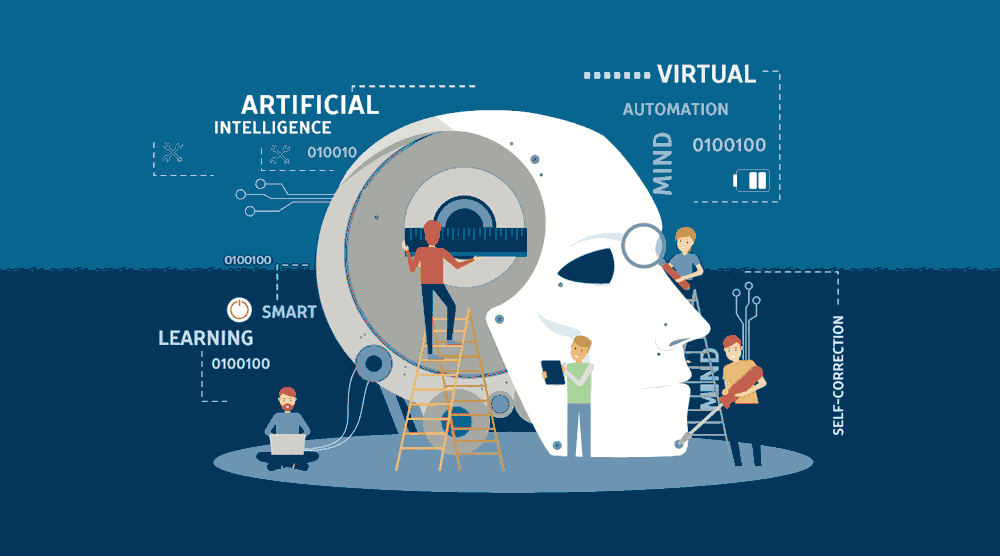How Artificial Intelligence will Change the World
Week 1: Artificial Intelligence Changing the World
Artificial intelligence (AI) is rapidly advancing, and it is already making an impact on the world in various ways. Its potential to revolutionize many aspects of our lives is enormous, from healthcare to finance to entertainment. In this blog post, we will explore some of the exciting applications of AI and its potential to transform the world.

Healthcare is one of the most promising areas where AI can make a significant impact. AI algorithms can analyze medical images, such as X-rays and MRIs, to detect anomalies that may be missed by human doctors. AI can also help monitor patient health by analyzing data from wearables and other medical devices. Additionally, AI can assist in drug development by identifying new drug targets and predicting the efficacy of new compounds.
In education, AI has the potential to transform the way we learn. AI algorithms can analyze student data to personalize learning experiences for each student, providing tailored feedback and recommendations for study materials. AI can also assist teachers by providing more effective feedback on student work and identifying areas where individual students may need additional support.
The transportation industry is another area where AI can make a significant impact. Self-driving cars and trucks are perhaps the most well-known application of AI in transportation. Still, AI can also optimize traffic flow, reduce congestion, and improve public transportation systems. Additionally, AI can enhance transportation safety by analyzing data from sensors and other devices to predict and prevent accidents.
The finance industry is another area where AI is already making an impact. AI can assist in fraud detection by analyzing large amounts of data to identify patterns that might indicate fraudulent activity. AI can also assess risk in lending and investing, making it easier to determine the likelihood of default or failure. Additionally, AI can provide better customer service by analyzing customer data to provide personalized recommendations and solutions.
In manufacturing, AI can improve production processes by optimizing production lines, reducing waste, and increasing efficiency. AI can also assist in quality control by analyzing data from sensors and other devices to identify defects in products.
In the entertainment industry, AI can enhance user experiences by personalizing content and predicting user preferences. For example, streaming services such as Netflix use AI algorithms to recommend movies and TV shows based on a user's viewing history. AI can also be used to create more immersive gaming experiences by generating more realistic graphics and interactive environments.
AI has the potential to revolutionize the agricultural sector by improving crop yield, reducing waste, and optimizing resource usage. By analyzing data from sensors and other devices, AI algorithms can predict weather patterns and soil conditions to optimize planting and irrigation schedules. AI can also assist in pest control by identifying areas where pests are likely to be present and targeting them with precision.
AI can help monitor and predict environmental changes, manage natural resources, and assist in disaster response. For example, AI can analyze satellite data to identify areas at risk of forest fires or flooding. AI can also assist in resource management by optimizing the usage of energy and water resources.
In conclusion, AI has already started to change the world and will continue to do so in the future. While AI brings many benefits, it also raises ethical and social issues that need to be addressed. However, if we can address these issues, the potential benefits of AI are enormous, and we are likely to see significant changes in the world in the years to come.
Comments
Post a Comment